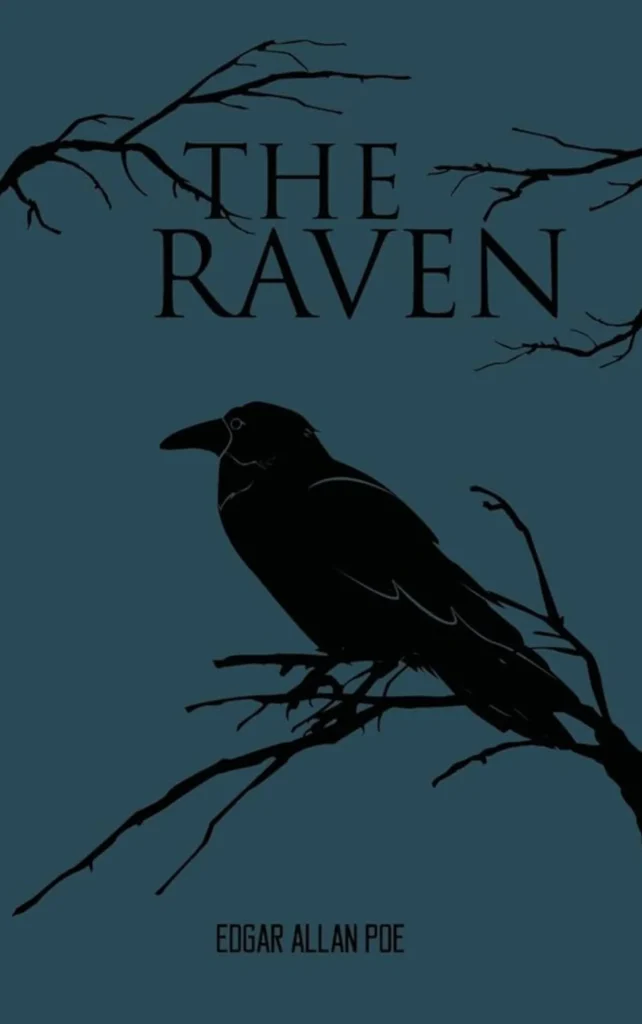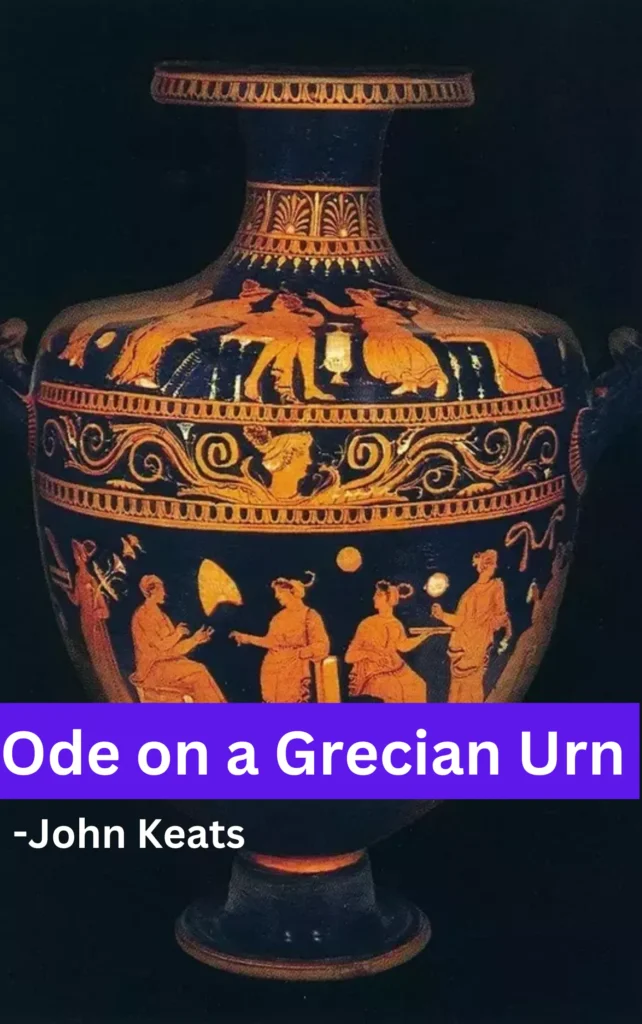About the Poem- Did I Miss Anything?
| Poem Title | Did I Miss Anything? |
| Author | Tom Wayman |
| Publication Year | 1993 |
| Genre | Poetry |
| Setting | The setting is not explicitly described, but it likely takes place in a classroom or educational context. |
| Tone | The tone is ironic, frustrated, and somewhat sarcastic. |
| Structure | The poem consists of 11 stanzas, each with two lines. |
| Key Literary Devices | Irony, Sarcasm, Rhetorical Questions |
Themes of Did I Miss Anything?
The themes of the poem “Did I Miss Anything?” by Tom Wayman are:
- The Unnoticed Details ➤ The poem suggests that even when someone is absent, life goes on, and many things happen that go unnoticed.
- The Insignificance of Absence ➤ It highlights the idea that the world doesn’t stop for one person’s absence, emphasizing the smallness of an individual in the grand scheme of things.
- The Mundane and the Profound ➤ The poem juxtaposes everyday, mundane events with potentially profound occurrences, suggesting that life is a mixture of the ordinary and the extraordinary.
- The Value of Presence ➤ It raises questions about the significance of being present and engaged in one’s life, suggesting that missing out on experiences can have consequences.
“Did I Miss Anything?” Poem by Tom Wayman
Nothing. When we realized you weren’t here
we sat with our hands folded on our desks
in silence, for the full two hours
Everything. I gave an exam worth
40 per cent of the grade for this term
and assigned some reading due today
on which I’m about to hand out a quiz
worth 50 per cent
Nothing. None of the content of this course
has value or meaning
Take as many days off as you like:
any activities we undertake as a class
I assure you will not matter either to you or me
and are without purpose
Everything. A few minutes after we began last time
a shaft of light descended and an angel
or other heavenly being appeared
and revealed to us what each woman or man must do
to attain divine wisdom in this life and
the hereafter
This is the last time the class will meet
before we disperse to bring this good news to all people on earth
Nothing. When you are not present
how could something significant occur?
Everything. Contained in this classroom
is a microcosm of human existence
assembled for you to query and examine and ponder
This is not the only place such an opportunity has been gathered
but it was one place
And you weren’t here
Did I Miss Anything Summary & Analysis
The poem “Did I Miss Anything?” by Tom Wayman is a humorous and thought-provoking exploration of the importance of being present and engaged in life. The poem is written from the perspective of a teacher, who is asked by a student who has missed class what they missed.
The teacher begins by sarcastically responding that the student missed everything, including a visit from an angel who revealed the secrets of the universe. However, the teacher then goes on to reflect more seriously on what the student actually missed.
The teacher explains that the student missed the opportunity to learn and grow, to engage with their classmates and teacher, and to experience the joy of discovery. The teacher also suggests that the student missed out on something more profound: the chance to connect with the meaning and purpose of life.
The poem ends with the teacher challenging the student to reconsider their priorities and to make a commitment to being more present and engaged in life.
FAQs from “Did I Miss Anything?”
What is the central idea of Did I Miss Anything?
The central idea of “Did I Miss Anything?” is that it is important to be present and engaged in life.
What does a microcosm refer to in poem Did I Miss Anything?
Microcosm refers to a small representation of the larger world. In the poem, the classroom is a microcosm of human experience, where students can learn about themselves and the world around them.
What does the speaker blame in the third stanza?
The speaker blames the student for missing out on the opportunity to learn and grow.
Why does Florence Kelley use rhetorical questions?
Florence Kelley uses rhetorical questions in her poem to emphasize the importance of education and to challenge her readers to think critically about the world around them.
What does it reveal about the rhetorical situation?
It reveals a rhetorical situation in which a teacher is addressing a student who has missed class. The teacher is using humor and sarcasm to make a point about the importance of being present and engaged in life.











